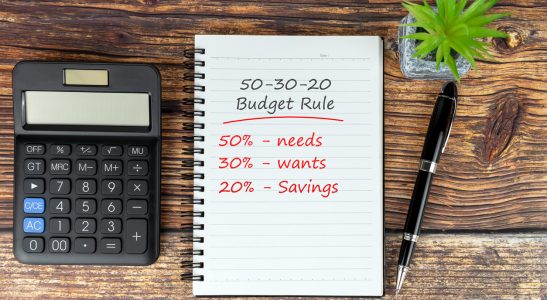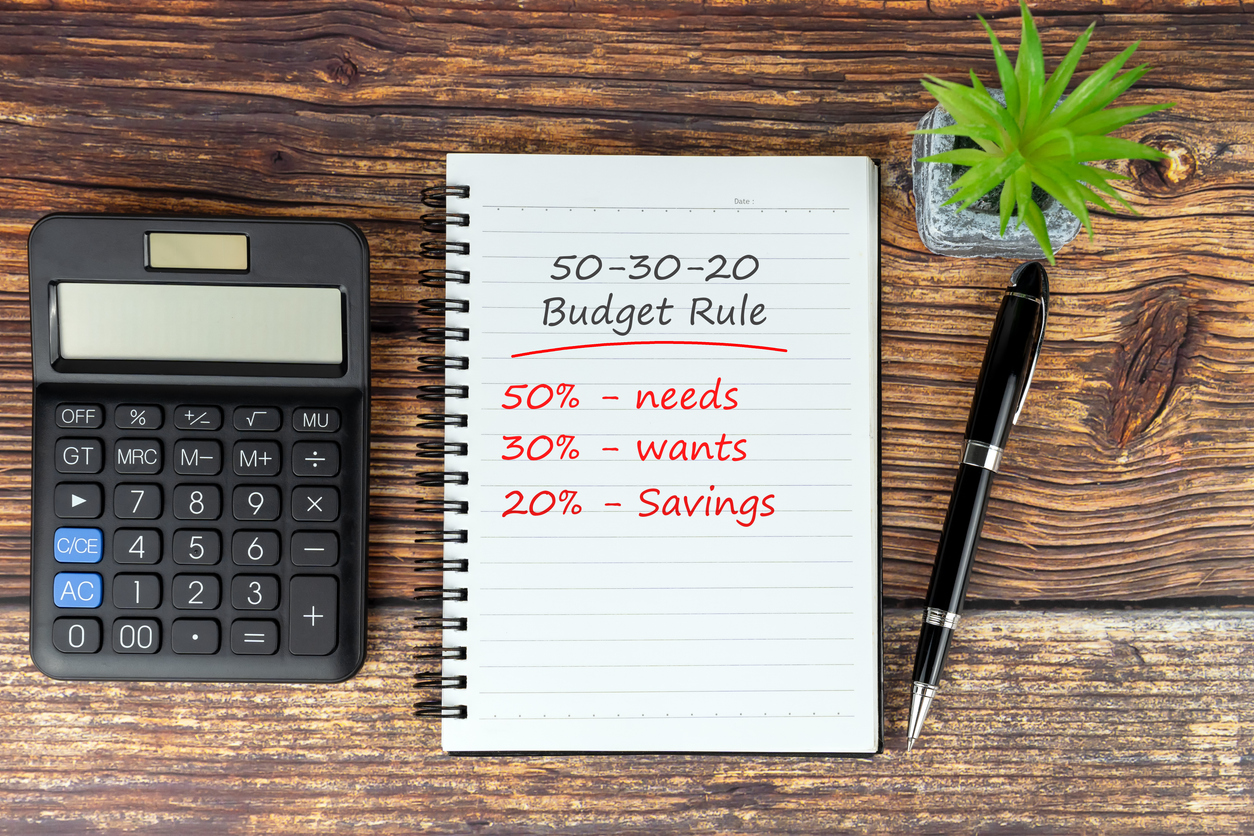The pandemic saw a significant overhaul of the workplace, with millions of people moving to work from home. If you can do your job from home, it can help to speak with your boss about flexible working, splitting your time between the office and home.
Flexible working is a great option to help reduce your commuting costs, especially if you spend a large slice of your income each week on buying lunches, coffees, bus or train fares, petrol and car parking.
Now some of you might argue that in fact, going to work will help save on energy costs at home, and that might be true. To find out, what you really need to do is work out what your daily spending would be if you go to work including commuting costs and other purchases like buying lunch and coffee.
The cost of going to work each day might look like this:
Commuting: £3.00
Lunch and coffee: £4-£5
Time commuting: 2 hours, there and back
Total: £7.00 plus 2 hours of time
Then calculate the cost of working from home:
Take all of your energy bills from last year and calculate your average monthly spend. For illustration purposes, let’s say this was £100 per month. Since April 2022, let’s approximate an energy price rise of 100% making your average monthly bill this year, £200. We will divide the £100 price rise figure by 31 days (including weekends and assuming that you would have normally paid £100 whether you work from home or not).
£100/31 days = £3.22
Without lunch and coffee (which can be absorbed into your food shopping budget), this example shows that working from home, even with the price hike might still be a cost-effective option. However, it really does depend on your personal circumstances, the cost of your energy bills, food and your personal spending while out working.
The cost of commuting and where you live is also an important consideration. The average UK spend on monthly commuting is £66.31 (but this was before the energy and petrol price increases in October 2021 and April 2022) and this can also vary significantly depending on where you live – with rail travel in London being the most expensive type of commute with an average cost of £387 per month.


























